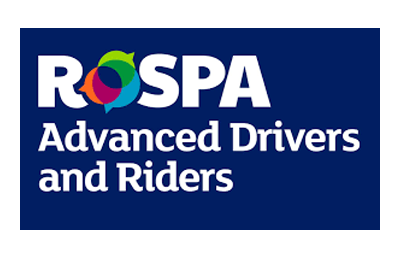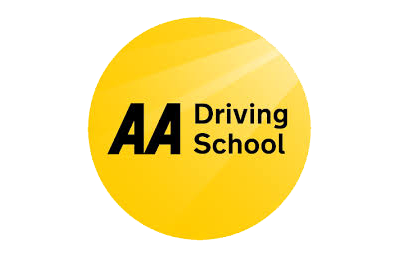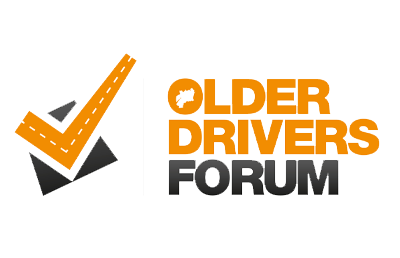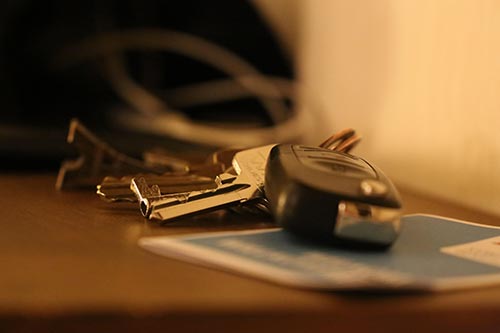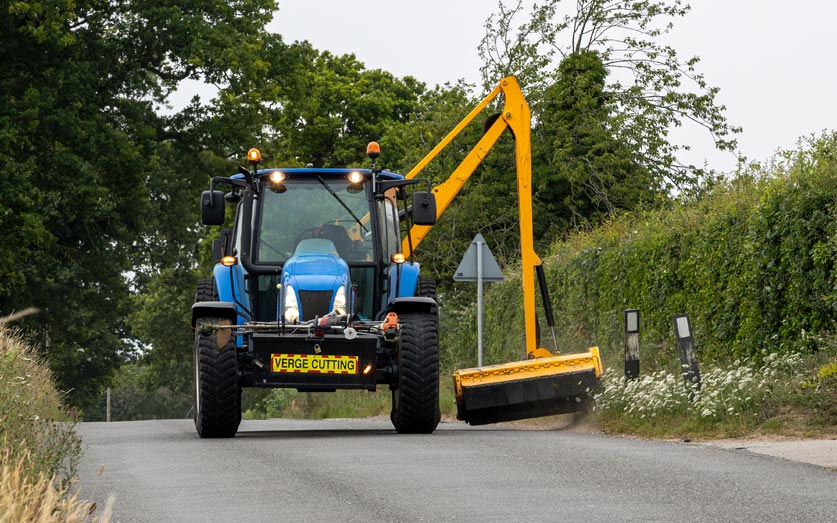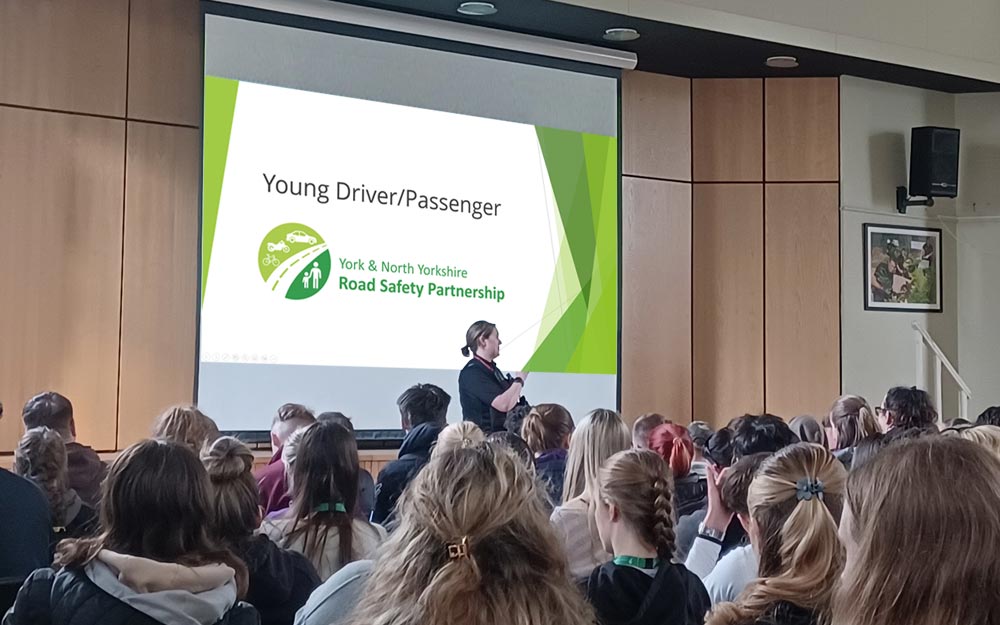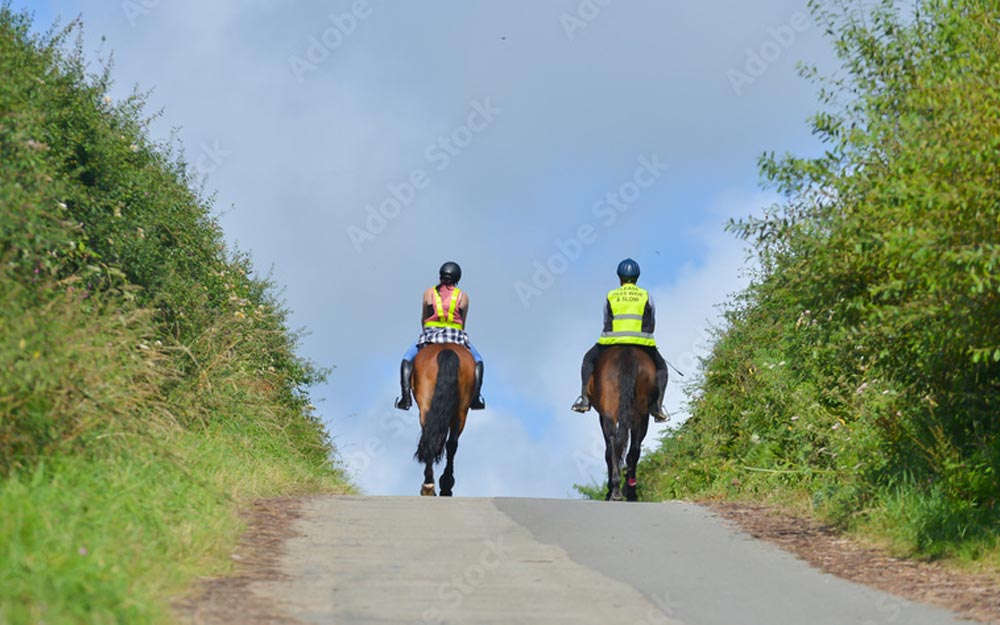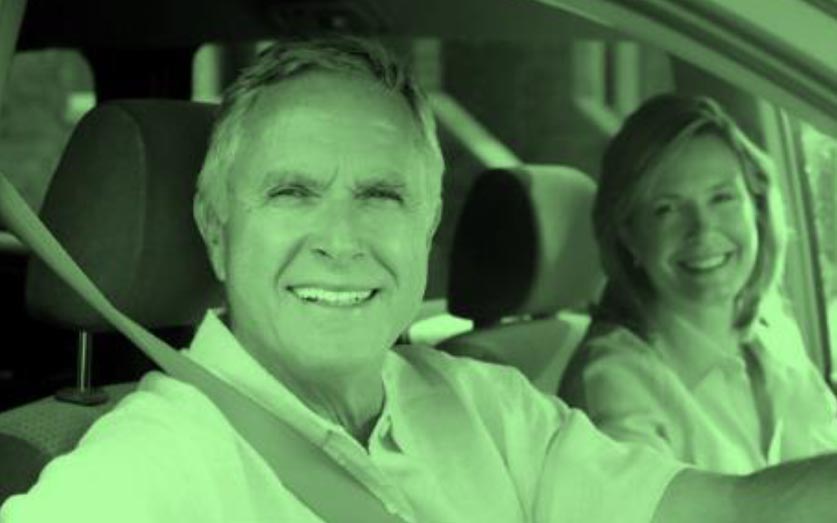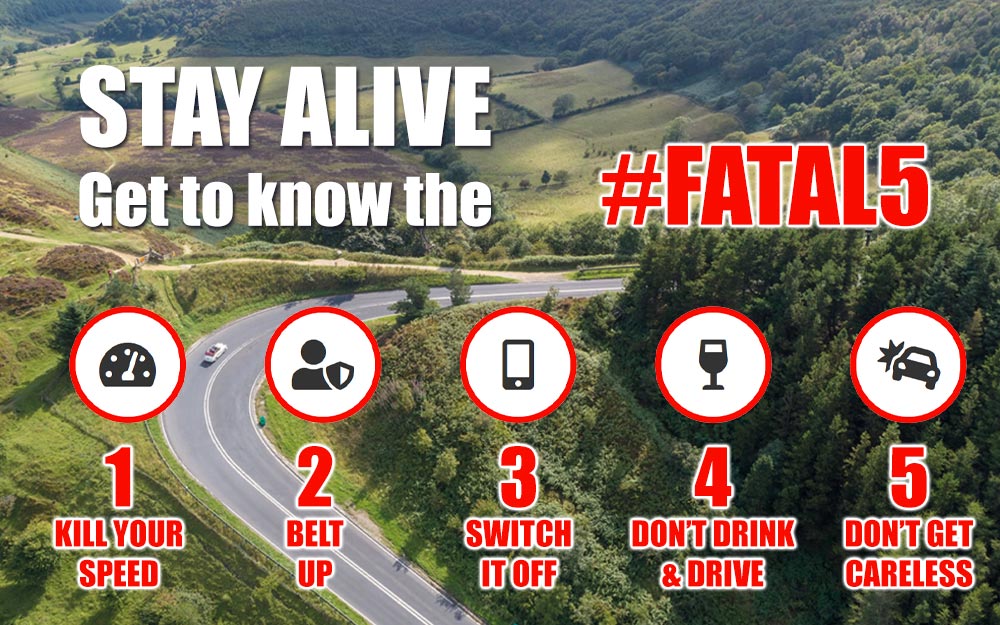Older Drivers
Drive Smart, Stay Safe: A Guide for Older Drivers
Why is road safety important for older drivers?
Statistics tell us that the second highest age range to be involved in collisions are aged over 65.
It’s often natural things that come with getting older that put people at more risk on the roads regardless of their driving skills.
In this guide we want to give some reminders and helpful information that could help keep you driving safely for longer.
What changes can affect our driving as we get older?
- Medication
- Memory issues
- Confusion
- Diabetes
- Arthritis
- Concentration
- Eyesight

It is never too late to learn new things.
Enhancing knowledge and refreshing your skills
Driving behaviours and vehicle capabilities are constantly changing, and we must keep our skills up to date and keep ourselves and others safe.
There are many ways you can refresh your driving skills and knowledge.
If you feel unwell, tired or just ‘not quite right’ don’t put yourself and others at risk by driving
What concerns do we have about older drivers?
When was the last time you had an eye test?
It’s recommended that you have an eye test annually once you are over 70. If you are in any doubt about your eyesight when it comes to driving ask your optician
“Am I safe to drive?”
How is your hearing?
Whilst there is no requirement to inform DVLA if you are deaf unless you have a bus, coach or lorry licence, it is advisable to keep a check of your hearing and wear hearing aids if necessary.
Vehicle and Confidence
Vehicles are constantly changing and evolving with the introduction of new technology. The vehicles that most of us learned to drive in are a far cry from the modern vehicles available to us today.
As we get older, we should consider what vehicle we are driving:
• Do you still need a bigger vehicle?
• Do you need something as powerful?
• Do you know how all the technology works safely?
Although older drivers typically have slower reaction times, they often compensate by being more cautious and looking further ahead on the road.
How do you know when it’s time to stop driving?
We all know that driving gives us independence and freedom, but we must accept that there may come a time when it is no longer safe for us to continue.
If you are contemplating whether you should continue to drive, there are things you can do before making the final decision.
• RoSPA, IAM and other driving organisations all offer assessments for people of any age
• You could take some lessons with an instructor as a refresher
• You may be able to adapt your vehicle
Some things to think about…
• What do you use your vehicle for?
• What alternative transport is available to you? Bus, Train, Taxi or Community Transport. Some of these are free or heavily discounted for older people to use.
• How much money could you save if you didn’t have to buy fuel, insurance etc?
You and Your Driving License
You are required to renew your driving licence when you turn 70, and every 3 years after that. These renewals can be a good time to think about whether you can still drive safely.
It is important to renew your licence when required, as if it expires, you cannot legally continue to drive.
Why?
The requirement to renew your licence is for your safety and the safety of those around you.
You must declare that you are still fit to drive. Whilst you do not need to seek medical advice for this you should consider how physically fit you are and have the recommended checks.

What medical conditions do DVLA need to know about?
These conditions do not mean that you will lose your licence but you have a duty to report them.
How?
90 days before your birthday the DVLA will send you a D46P application form. You should complete this accordingly and return it to the DVLA who will then assess it and issue your new licence if everything is in order. If you still have a paper licence you will be required to send additional information as they will renew your licence with a photocard. You can still drive whilst waiting for your new licence to arrive.
You can also apply online at www.gov.uk/renew-driving-licence-at-70
When you register, you will be given a User ID and step-by step instructions. If you have a valid passport you don’t need to submit a photo and your new licence should arrive within a week.
Do you know your medications?
• 1 in 10 people aged 65+ take more than 10 prescribed medications daily.
• 8 of the 17 listed substances in the Road Traffic Act are perfectly legal medications that you may be prescribed. These include Diazepam, Morphine, Lorazepam, Temazepam
• “Driving whilst unfit through drink or drugs” there is no exhaustive list, and this could simply be due to taking hay fever tablets.
Always read the small print on any medication and speak to a pharmacist if you are in doubt.
Driving at night can be more dangerous than driving during the day due to limited visibility, potential tiredness and dazzle from oncoming traffic.
If the lights of an oncoming vehicle dazzle you, try not to panic. Glance down towards the left side of the road. You should be able to see the edge of the road or the painted line, which will help you to keep to your path until the vehicle passes.
Useful Organisations
North Yorkshire Council
0300 131 2131
www.northyorks.gov.uk
Disability Action
028 9029 7880
www.disabilityaction.org
IAM RoadSmart
0300 303 1134
www.iamroadsmart.com
City of York Council
01904 551550
www.york.gov.uk
Disabled Persons Railcard
0345 605 0525
www.disabledpersons-railcard.co.uk
Motability
0300 456 4566
www.motability.co.uk
Age UK Advice
0800 169 65 65
www.ageuk.org.uk
DLF (formerly the Disabled Living Foundation
0300 123 3084
www.livingmadeeasy.org.uk
Royal Society for the Prevention of Accidents (RoSPA)
0121 248 2063
www.olderdrivers.org.uk or www.rospa.com
Alzheimers Society
0333 150 3456
www.alzheimers.org.uk
DVLA
0300 790 6801 for licence enquiries or 0300 790 6806 for reporting medical conditions
www.gov.uk/government/organisations/driver-and-vehicle-licensing-agency


